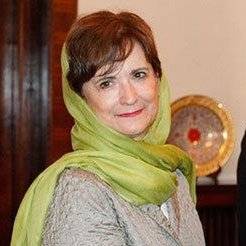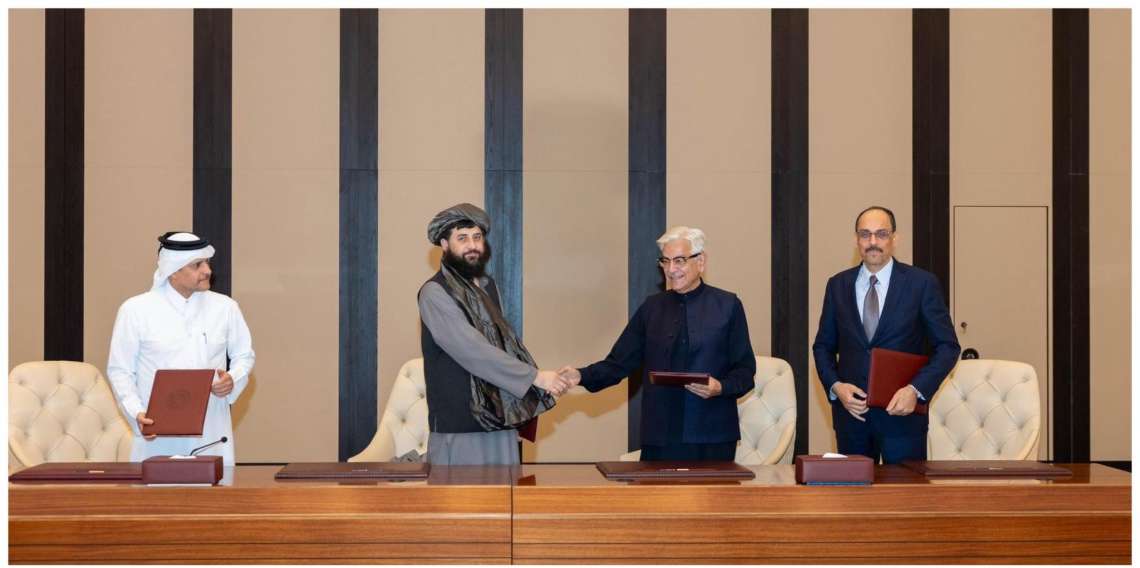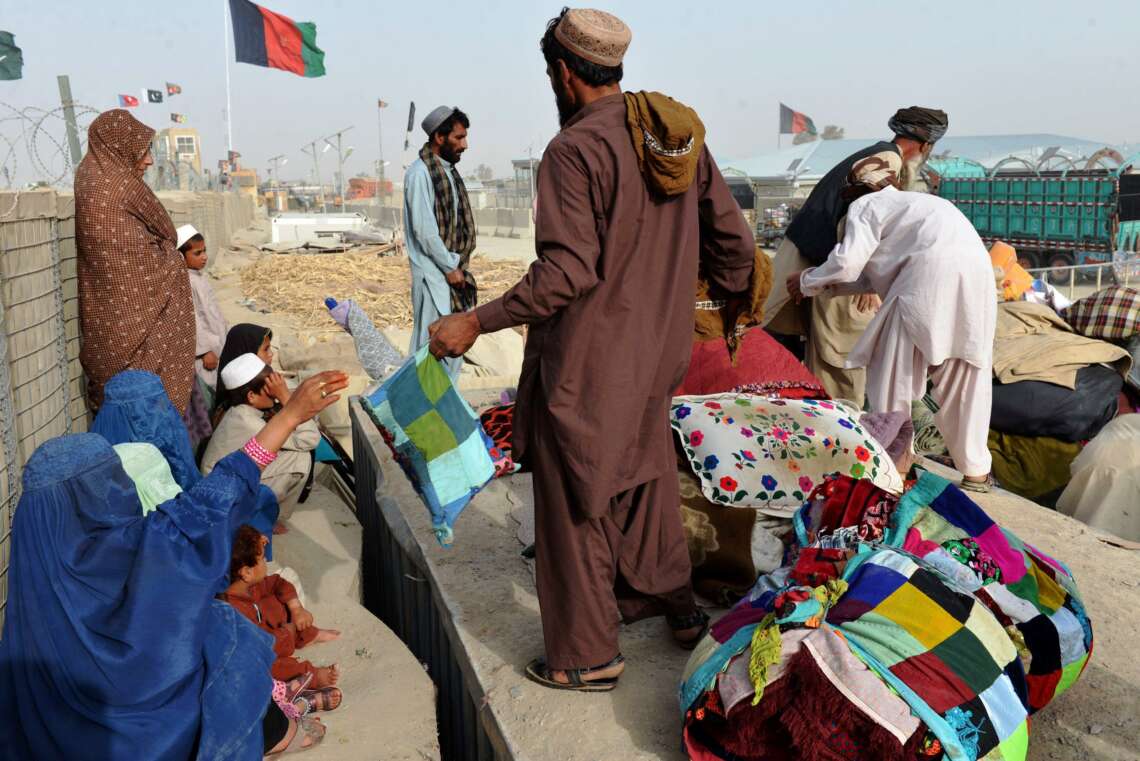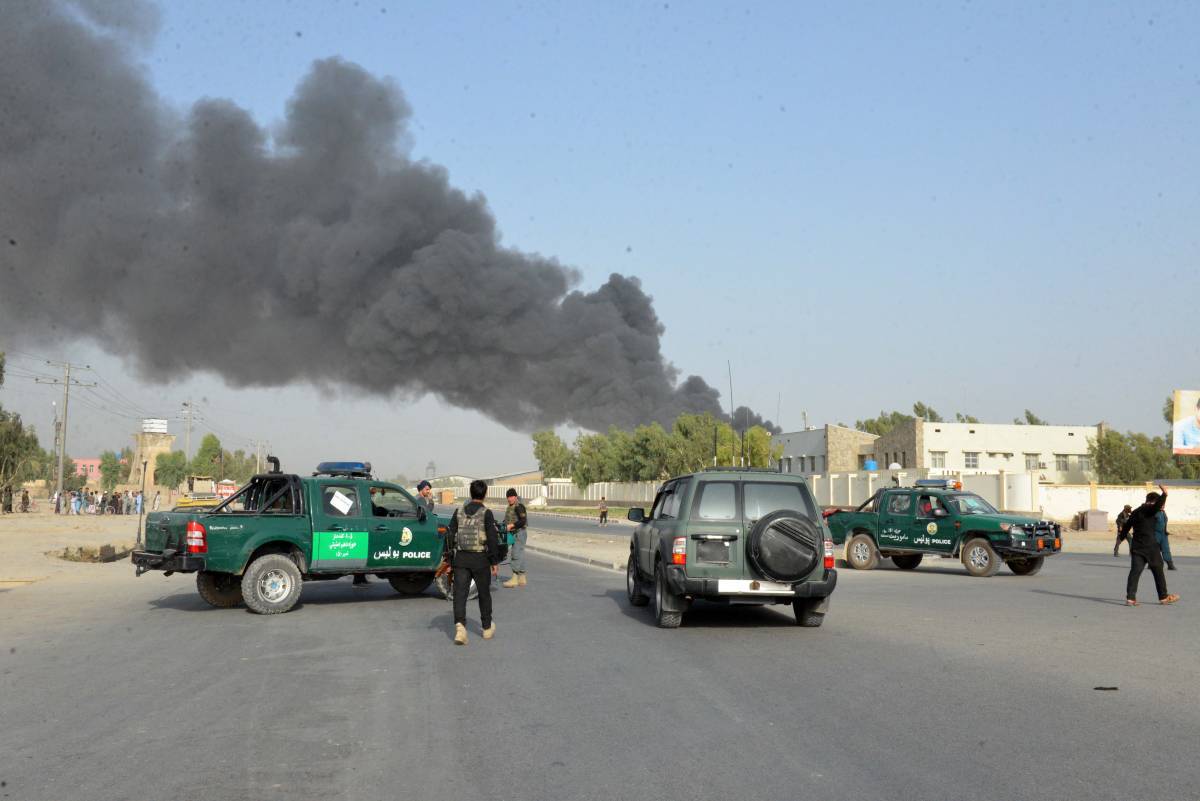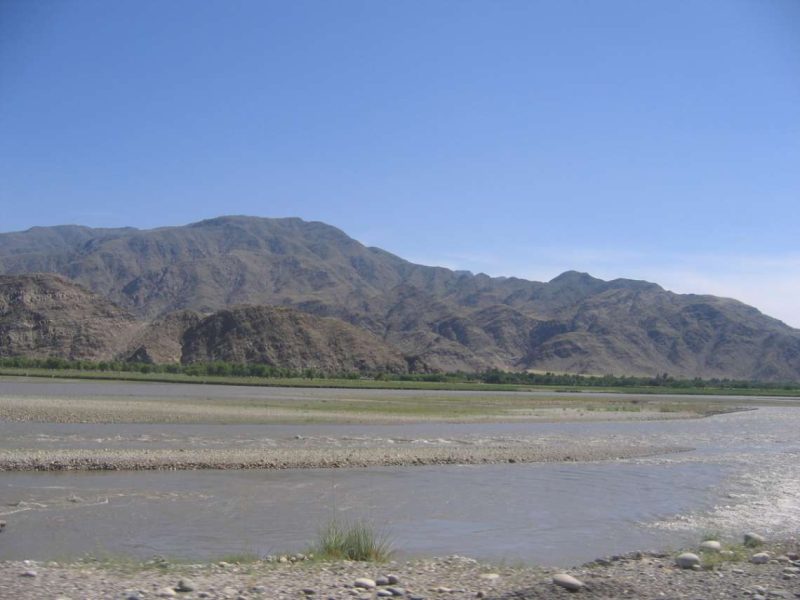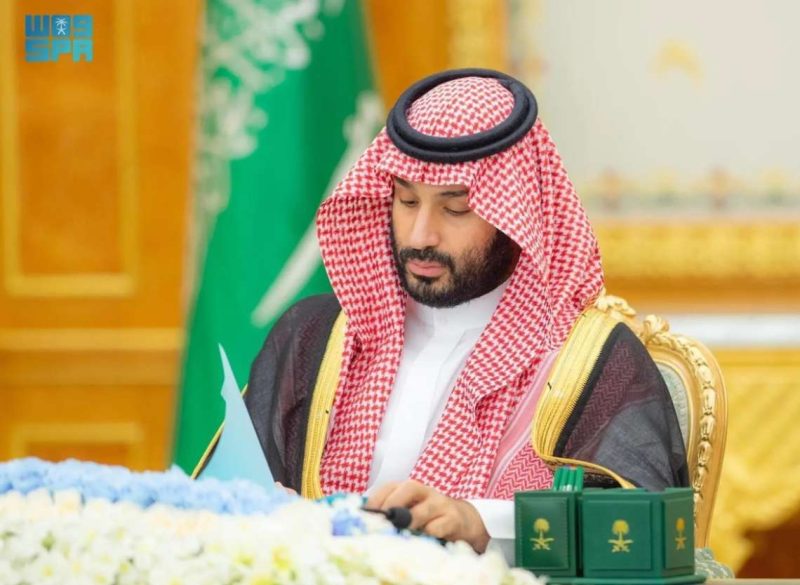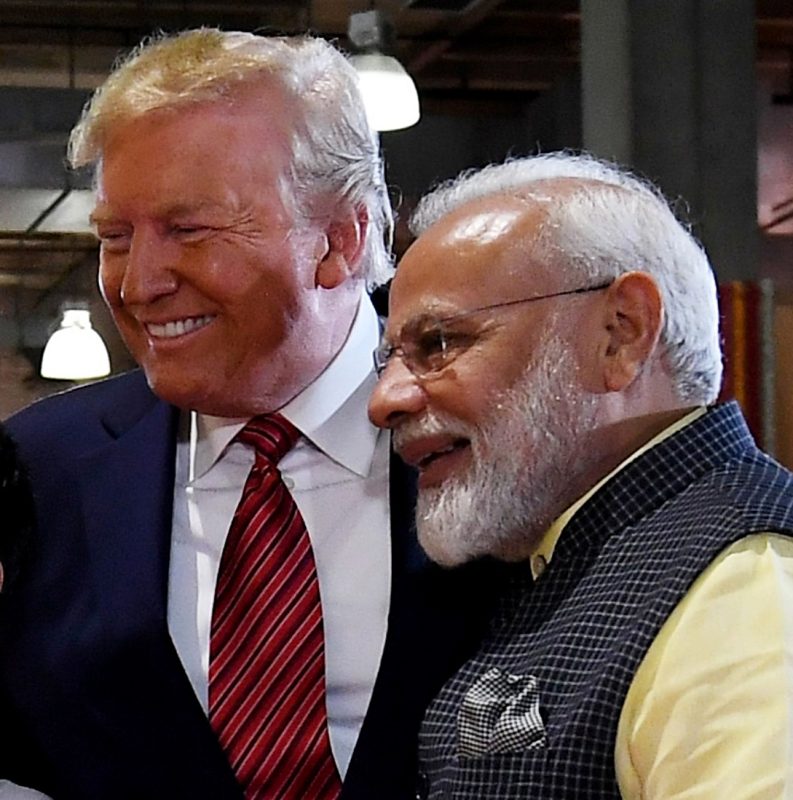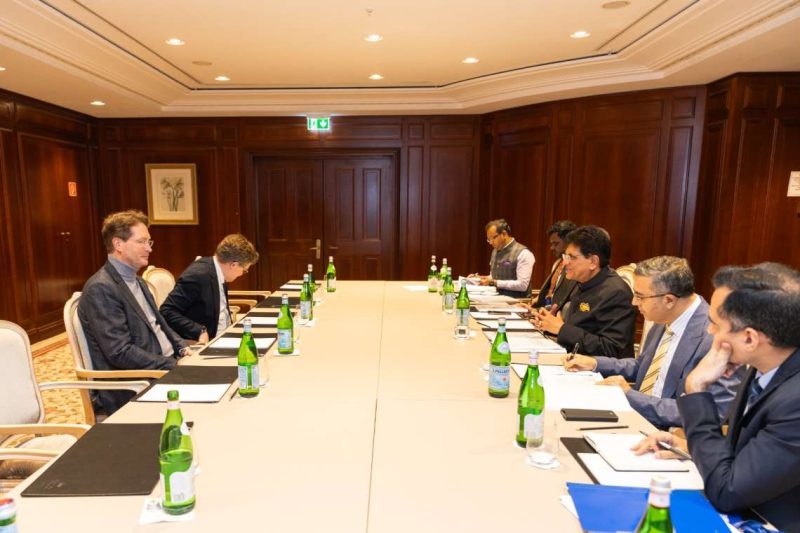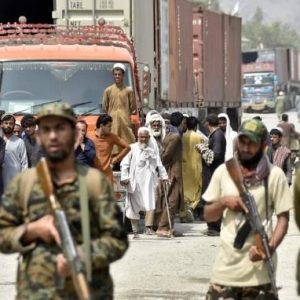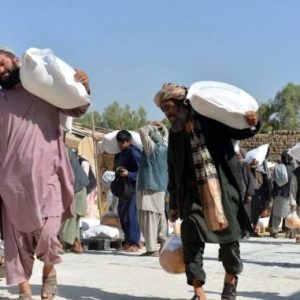This comes in the middle of a surge in violence as the Taliban has increased its activities since the start of the US-led forces pull out on May 1….reports Asian Lite News
Fifty out of Afghanistan’s 370 districts have fallen to Taliban terrorists since May, informed the United Nations’ special envoy on Afghanistan Deborah Lyons on Tuesday, as the United States continues its military withdrawal from the country.
“The Taliban recent advances are even more significant and are as a result of an intensified military campaign; more than 50 of Afghanistan’s 370 districts have fallen since the beginning of May,” Lyons told the UN Security Council (UNSC), reported CNN.
“Most districts that have been taken surround provincial capitals, suggesting that the Taliban are positioning themselves to try and take these capitals once foreign forces are fully withdrawn,” she added.
This comes in the middle of a surge in violence as the Taliban has increased its activities since the start of the US-led forces pull out on May 1.
Over the past 24 hours, Taliban fighters have taken control of several districts in Kunduz province and the important border crossing with Tajikistan, according to Rabani Rabani, a member of the Kunduz provincial council.
A local power company in Afghanistan also informed on Tuesday that violent clashes had damaged key electrical infrastructure, causing power outages in 11 provinces including Kabul.
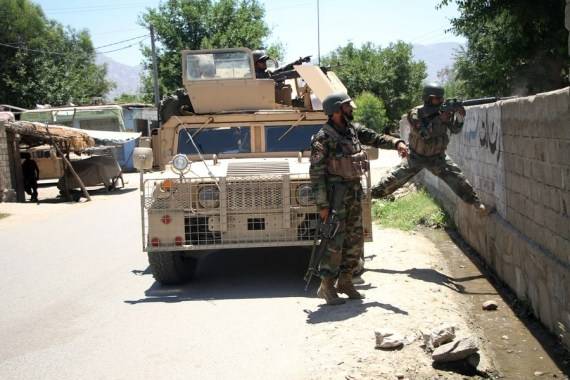
ALSO READ: India slams Pakistan for its human rights situation
CNN reported that over the weekend, the Taliban claimed it had overrun an Afghan Army base in Balkh governorate in the north of the country. A Taliban propaganda video shows the group of militants inside a military base confiscating military vehicles and weapons.
As the US and North Atlantic Treaty Organisation’s (NATO) foreign forces continue to scale down their presence in Afghanistan, the Taliban have been gaining ground in some parts of the country.
In April, US President Joe Biden formally announced his decision to end America’s ‘forever war’, deeming the prolonged and intractable conflict in Afghanistan no longer in alignment with American priorities.
Biden said he would withdraw US troops from Afghanistan before September 11, the 20th anniversary of the terrorist attacks in the US.
Afghan President Ashraf Ghani and chairman of Afghanistan’s High Council for National Reconciliation Abdullah Abdullah are set to visit the United States next week to meet President Joe Biden.
“President Biden looks forward to welcoming Afghan President Ashraf Ghani and Dr. Abdullah Abdullah, Chairman of the High Council for National Reconciliation, to the White House on June 25, 2021,” White House Press Secretary Jen Psaki said in a statement on Sunday.
The visit by President Ghani and Dr Abdullah will highlight the enduring partnership between the United States and Afghanistan as the military drawdown continues, the statement added. (ANI)
ALSO READ: Indian engaged in talks with Taliban, says Qatar’s FM


